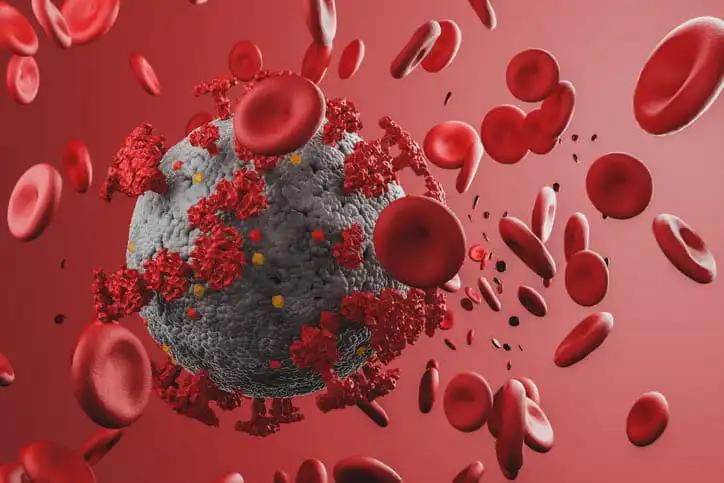KEY TAKEAWAYS
- The trial focused on patients with NMIBC recurrence who had clinical stage T2-T4aN0M0 urothelial carcinoma of the bladder.
- BCG instillation followed a structured plan: induction therapy involved weekly BCG 120mg for six cycles, followed by a mandated 3-month gap.
- The study demonstrated that the BCG-based therapy was generally well-tolerated, indicating that the approach is feasible and offers an alternative strategy to radical cystectomy for patients with NMIBC recurrence after initial bladder-preserving therapy.
In the trial to check the tolerability and efficacy of bacillus calmette-guérin (BCG) administration after chemo-radiotherapy in non-muscle invasive bladder cancer (NMIBC) recurrence, patients (pts) with clinical stage T2-T4aN0M0 urothelial carcinoma of the bladder were enrolled. The bladder-preserving approaches used were:
- Maximal transurethral resection (TURBT) for cT2 diagnosis and biopsy for cT3-T4a diagnosis.
- All patients underwent neoadjuvant chemotherapy with a gemcitabine/cisplatin regimen.
- Maximal TURBT was completed. Concurrent chemo-radiotherapy was given to pts who achieved pT0 or downstaging to pT1/pTa.
- TURBT followed by BCG administration was advised for patients with intravesical NMIBC recurrence.
The BCG instillation administration plan was structured as follows:
- Induction therapy with weekly BCG 120mg for six cycles.
- A 3-month gap was mandated.
- Maintenance therapy with weekly BCG 120mg for three cycles.
- Repetition of maintenance therapy every six months for 1 to 3 years(yrs).
Between 2012 and 2021, 19 pts with NMIBC recurrence after bladder-preserving therapy received BCG administration. All pts completed induction therapy, and 57.9% received maintenance therapy. Median follow-up since recurrence was 36.2 mo. Disease-free survival (DFS)probabilities at one year and three yrs were 71.1% and 65.2%, and Overall survival (OS) probabilities were 88.8% and 81.4%, respectively. Adverse events included bladder irritation (17/19, 89.5%), hematuria (3/19, 15.8%), fever (1/19,5.3%), arthritis (1/19,5.3%), and bladder tuberculosis (1/19,5.3%). No patient had encountered bladder contracture post-BCG instillation.
The study indicated that BCG instillation following chemo-radiotherapy in NMIBC recurrence is viable for bladder-preserving therapy in MIBC patients. This treatment shows tolerability and efficacy, providing an alternative strategy to radical cystectomy.
Source: https://www.auajournals.org/doi/10.1097/JU.0000000000003240.01
Clinical Trial: https://classic.clinicaltrials.gov/ct2/show/NCT02861196
Xie, Ruiyang; Wu, Jie; Cui, Honglei; Tang, Ping; Zhong, Sijing; Shi, Hongzhe; Guan, Youyan; Zhou, Aiping; Liu, Yueping; Shou, Jianzhong PD09-01 THE TOLERABILITY AND EFFICACY OF BCG ADMINISTRATION AFTER RECURRENCE IN BLADDER-PRESERVING THERAPY FOR MUSCLE-INVASIVE BLADDER CANCER, Journal of Urology: April 2023 – Volume 209 – Issue Supplement 4 doi: 10.1097/JU.0000000000003240.01



